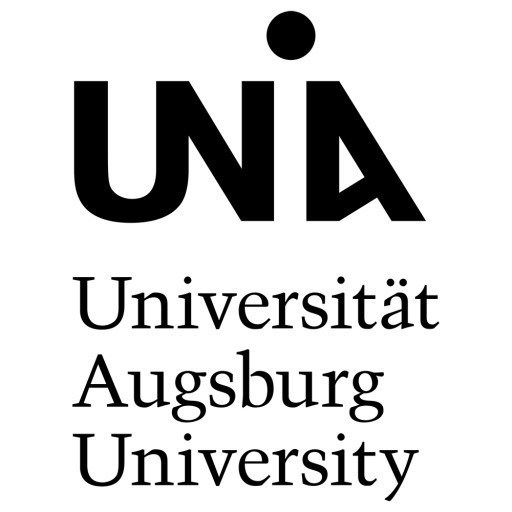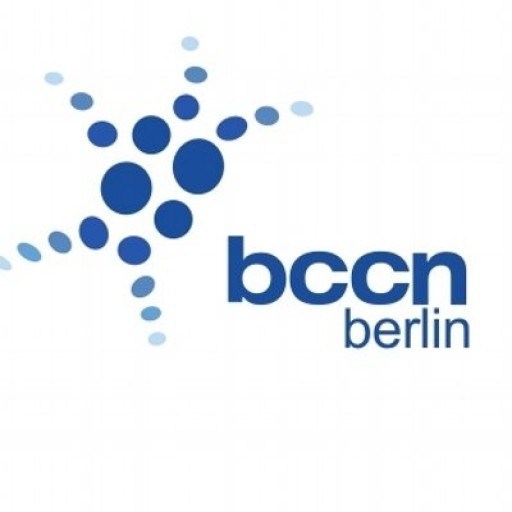Photos of university / #uni.augsburg
The bachelor's degree programme in International Materials Science at the University of Augsburg is designed to provide students with a comprehensive understanding of the fundamental principles and advanced concepts related to materials and their applications. This interdisciplinary course combines elements of physics, chemistry, engineering, and applied sciences to prepare graduates for a dynamic and innovative field that is vital to numerous industries, including aerospace, automotive, electronics, energy, and healthcare. Throughout the programme, students will explore the structure, properties, processing, and performance of various materials such as metals, ceramics, polymers, and composites. Emphasis is placed on understanding how materials behave under different conditions and how they can be engineered to meet specific technological requirements. The curriculum integrates theoretical coursework with practical laboratory exercises and experimental projects, fostering analytical skills and hands-on experience essential for research and development careers. Additionally, students will have opportunities for international exchanges and collaborative projects, promoting cross-cultural communication and global perspectives. The programme aims to equip graduates with the technical expertise, problem-solving abilities, and innovative mindset necessary to contribute to sustainable development and technological advancement. Upon completion, students will be well-prepared for careers in research institutes, industry, or for pursuing master's studies in materials science, engineering, or related disciplines. The University of Augsburg’s international environment ensures that students gain a global outlook, essential for addressing contemporary challenges in materials technology and innovation.
Educational organisation
Semester one:Introduction to Materials (seminar)
Lectures:
- Materials Physics
- Materials Chemistry
- Chemical Physics 1
- Surfaces & Interfaces
- Methods Course 1
Semester two:
Four lectures selected from one of the following three thematic blocks:
Block A - Physics of Materials
- Magnetism
- Physics & Technology of Semiconductor Devices
- Dielectric & Optical Materials
- Biophysics & Biomaterials
- Nanostructures & Nanophysics
Block B - Chemistry of Materials
- Chemical Physics 2
- Coordination Materials
- Advanced Solid State Materials
- Solid State NMR Spectroscopy and Diffraction Methods
- Oxidation and Corrosion
- Porous Functional Materials
Block C - Engineering of Materials
- Functional Polymers
- Fibre-Reinforced Composites: Processing and Materials Properties
- Characterisation of Composite Materials
- Introduction to Mechanical Engineering
- Modern Metallic Materials
- Non-Destructive Testing
Methods Course 2
Semester three:
Specialisation:
Three lectures to be selected either from Block A-C, or from a list of the following supplementary lectures:
- Low Temperature Physics
- Superconductivity
- Organic Semiconductors
- Solid State Spectroscopy with Synchrotron Radiation and Neutrons
- Electronics
- Spintronics
- Physics of Thin Films
- Theoretical Concepts and Simulation
- Laboratory Course
Semester four:
Master's thesis in one of the research laboratories at the Institute of Physics or in industry
Study abroad unit(s)
Based on the extremely well-developed networking activities of the University of Augsburg, part-time studies abroad are encouraged and supported.Internships
Methods courses in the Institute of Physics laboratories as part of the curriculum and optional internships at local industries during the spring or summer break offer many opportunities to gain practical experience.Forms of assessment
- Written exams
- laboratory project reports including oral exams
- homework
- oral presentations
Typical credits:
Lectures: 6 ECTS
Seminars: 4 ECTS
Methods courses: 8 ECTS
Laboratory course: 10 ECTS
Master's thesis including colloquium: 30 ECTS
Course objectives
The goal of this Master's course is to prepare students for a PhD programme in Europe or overseas. Alternatively, students will be able to fill leading positions in industry as scientists or engineers in materials science.Language requirements
Applicants whose first language is not English must provide proof of sufficient knowledge of English corresponding to level B2 of the Common European Framework of Reference for Languages. Currently, equivalences to B2 in terms of internationally recognised test methods (e.g. TOEFL, IELTS) are as follows:TOEFL (paper-based) score of at least 550
TOEFL (computer-based) score of at least 213
TOEFL (Internet-based) score of at least 80
IELTS Overall Band Score of at least 6.5 (out of 9)
Academic requirements
Bachelor's degree (or equivalent) in the fields of materials science, physics, chemistry, or engineering. A degree in a related discipline might be deemed equivalent by the examination board. All applicants must submit proof of having obtained at least 16 ECTS credits in each of the following subjects: (1) materials science, (2) physics, (3) chemistry.Enrolment fees
101 EUR per semester. The fee includes a semester ticket for public transport in Augsburg.Costs of living
Approx. 700 EUR per month to cover rent and personal expensesJob opportunities
Students can be employed as tutors or student research assistants.Trainee programmes are offered for student internships at industrial companies during the lecture-free periods.









